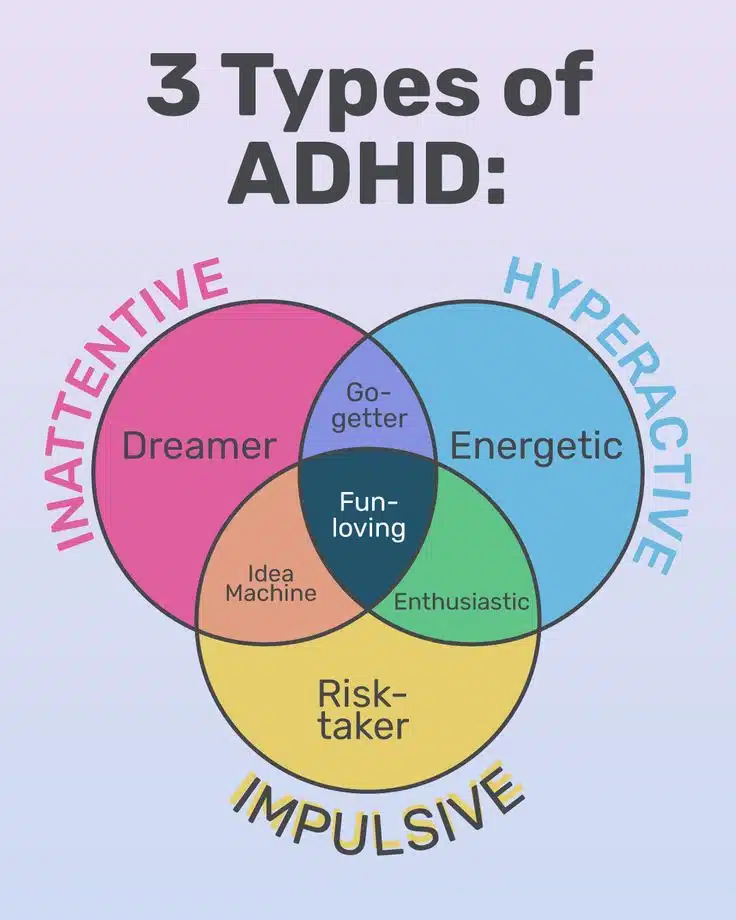While Alpha-7 Nicotinic Agonists have shown promise in treating certain conditions, like any medication, they do have potential side effects. Not everyone will experience side effects, and the benefits of the medication may outweigh any potential risks. Some possible side effects of Alpha-7 Nicotinic Agonists include:
- Nausea
- Vomiting
- Diarrhea
- Dizziness
- Headache
- Insomnia
- Changes in blood pressure or heart rate
Discussing any concerns about side effects with a healthcare provider is essential. They can provide guidance on how to manage potential side effects and monitor for any changes in a child’s health. On a lighter note, it’s important to remember that side effects are not guaranteed, and many children have successfully used Alpha-7 Nicotinic Agonists without experiencing any adverse effects.
In summary, Alpha-7 Nicotinic Agonists have shown potential in treating autism and ADHD. While they may have side effects, working closely with a healthcare provider can help manage potential risks. For kids who may benefit from additional support, Goally’s tablet can provide fun and engaging apps to help build life and language skills, like digital visual schedules and gamified learning, in a safe and supportive environment.











